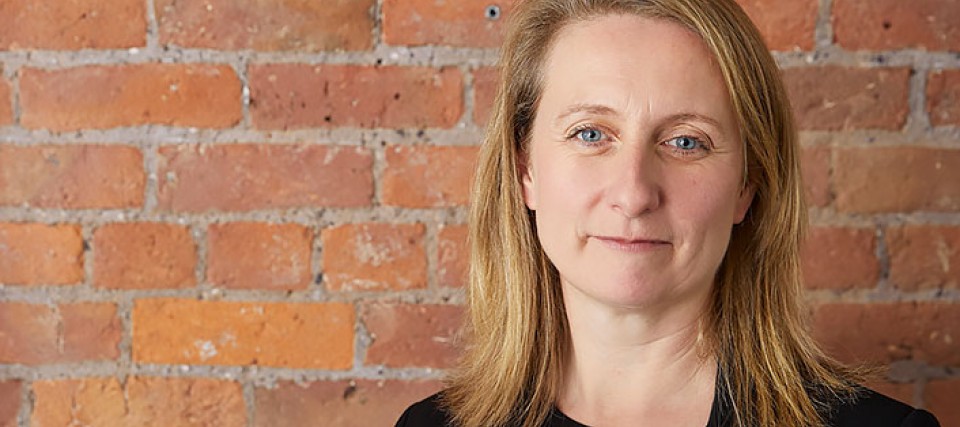
Kate Dixon
Head of Technical Services
Throughout her career, Kate has worked in a male-dominated environment, and now, as Head of Technical Services at Manchester Met, she’s leading a male-dominated team.
Kate has lots of experience being the only woman in a team and over time has grown the confidence to thrive in this situation. She says: “Everyone finds it challenging to be different. You only really feel comfortable when there is someone you can identify with. If you’re the only one who looks like you or talks like you, it’s easy to let imposter syndrome creep in”.
A responsibility to create change
Having taken on the challenge of being different – often being the only woman around the table – and succeeded, Kate feels a sense of responsibility to make it easier for women, and other minorities, to progress.
She says: “I feel it’s my mission to change things – women (and men) have tried for many years to work as if they have no caring responsibilities. And that’s simply not right”.
She makes a point of being very open about her own family responsibilities in her professional life, and to talk proactively about flexibility; ingraining it into the team ethos.
As a result, she’s seeing a positive shift in working culture, with colleagues feeling comfortable to ask for the flexibility they need. In particular, she’s noticed a new generation of men asking for more flexibility – hopefully an indication of steps forward in gender equality, as men take on more caring and domestic responsibilities in the home.
Rising to the challenge of COVID-19
Technical services has been operational throughout the pandemic, with staff working on campus to perform essential maintenance, as well as going above and beyond their remits to support students. This been made much easier by Kate’s commitment to flexible working and understanding that we all – women and men in the workplace – need to strike a balance in order to be productive and happy.
Kate has seen COVID-19 as an opportunity to normalise flexible working within her 200-strong team – also feeling the benefits in her own personal life.
She says: “My office has been my bedroom for a year now, and I have often been working extra hours, with two children at home. Fortunately, my partner has been able to take on the bulk of childcare responsibilities, as he’s been furloughed. But even still, without building flexibility into how I do my job, there is no way could keep on top of things.
Role model
Kate’s female role model is Joni Mitchell – a folk singer and songwriter who rose to fame in the 1960s with her emotive storytelling and passionate calls for societal change.
Kate says: “She is a strong woman operating in a male-dominated industry, who has control of her career. Through her work, she tells women’s stories from a women’s perspective at that moment in time, but because she is a women, she is hugely underrated. If she had been a man, people would have taken a lot more notice of what she had to say, recognising her talents as a songwriter, musician, visual artist and producer.”
Choose to challenge
For International Women’s Day 2021, Kate chooses to challenge gender stereotyping in schools. She says:
We need to challenge how girls and boys are stereotyped from a very early age. We must remove the narrative that only boys like football or are good at maths and girls are good at art and humanities.
The gendered way we think about what men and women are good (and bad) at means we have often wasted talent, because young people have been pushed into careers that have been dictated by their gender, rather than their ability and passions. We need to work together to change this.
